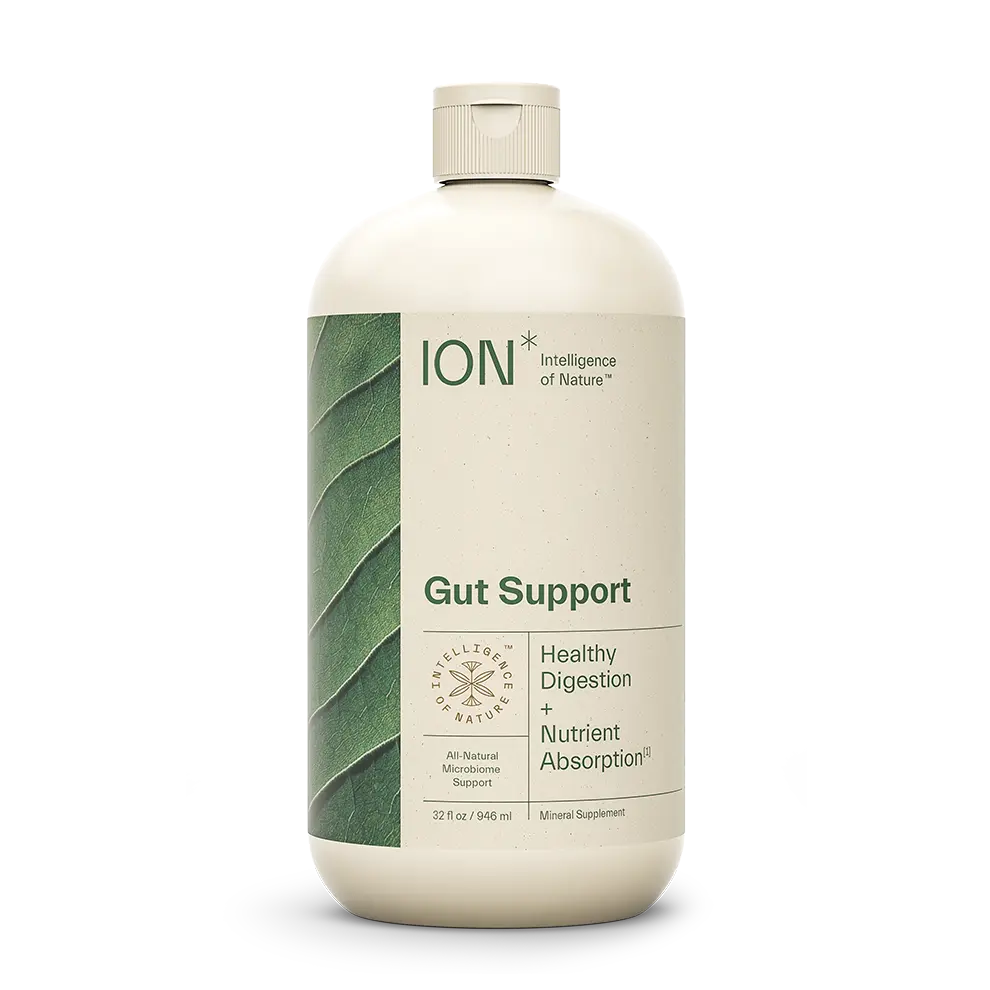Why a Gut Health Supplement Should Be Part of Your Daily Routine
Why a Gut Health Supplement Should Be Part of Your Daily Routine
Blog Article
Discover the Key to Digestion and Immunity With Gut Health And Wellness Assistance

Comprehending Digestive Tract Health And Wellness
Understanding gut health and wellness is crucial for overall health, as it plays a substantial role in food digestion, immunity, and even mental health. The intestine, comprising the stomach system, is accountable for damaging down food, taking in nutrients, and getting rid of waste. A well balanced gut atmosphere ensures efficient digestion, permitting the body to utilize nutrients successfully.
In addition, digestive tract health and wellness dramatically influences the body immune system. The intestine houses a substantial part of the body's immune cells, and a healthy and balanced intestine can help ward off pathogens and reduce inflammation. Disturbances in intestine health and wellness can lead to an over active immune response, possibly adding to autoimmune problems and allergies.
Furthermore, the digestive tract is usually described as the "2nd mind" due to the gut-brain axis, a complex interaction network connecting the digestive tract and the brain. This link influences mood, cognition, and emotional well-being. Issues such as dysbiosis, characterized by an inequality in gut bacteria, have actually been related to mental health and wellness problems, including anxiety and depression.
The Digestive Tract Microbiome Explained

The digestive tract microbiome, a varied community of microbes living in the gastrointestinal system, plays a critical role in preserving gastrointestinal health and wellness and overall wellness. Consisting of trillions of bacteria, viruses, fungi, and other germs, this complicated ecosystem aids in the food digestion of food, the synthesis of important nutrients, and the policy of metabolic procedures.
Each individual's digestive tract microbiome is special, affected by elements such as diet regimen, way of life, genes, and ecological direct exposures. A well balanced microbiome supports optimal food digestion by damaging down complicated carbs, producing short-chain fatty acids, and promoting the absorption of nutrients. Alternatively, an imbalance, commonly referred to as dysbiosis, can bring about digestion problems, including short-tempered digestive tract disorder (IBS) and inflammatory bowel disease (IBD)
Study has shown that a diverse microbiome is associated with far better health end results, emphasizing the value of dietary selections in nurturing these microorganisms. Foods rich in fiber, probiotics, and prebiotics, such as fruits, veggies, and fermented items, can advertise a healthy and balanced microbiome. Understanding the intestine microbiome is vital for developing targeted treatments aimed at enhancing digestive system health and wellness and protecting against intestinal conditions.

Connection Between Food Digestion and Resistance
A robust her response link exists between digestion and resistance, highlighting the important duty of the gut in maintaining total wellness. The intestinal system is home to trillions of microorganisms that create the gut microbiome, which significantly influences both digestion procedures and immune feedbacks. This complicated ecosystem help in damaging down food, soaking up nutrients, and supplying crucial metabolites that sustain immune function.
When food digestion is efficient, the digestive tract barrier continues to be intact, stopping damaging virus from entering the bloodstream. Around 70% of the immune system lives in the gut-associated lymphoid tissue (GALT), which engages very closely with the gut microbiome.
Tips for Sustaining Intestine Health
Supporting digestive tract health and wellness is important for preserving both digestive performance and a well-functioning immune system. To foster optimum intestine health, consider including a number of functional methods into your daily regimen.
First, focus on hydration. Drinking adequate water sustains food digestion and assists keep the mucosal cellular lining of the intestinal tracts. Additionally, regular physical task can enhance intestine motility and promote a diverse microbiome.
Mindful eating practices are likewise essential. Eating food completely and continue reading this consuming slowly can help digestion and avoid overindulging, which might emphasize the gut. Moreover, managing stress via methods such as reflection, yoga exercise, or deep-breathing workouts can favorably influence gut health, as stress and anxiety is recognized to interrupt digestive processes.
Integrating prebiotics and probiotics into your regimen is an additional efficient technique. While specific foods will certainly be talked about later, comprehending visit site the relevance of these components is essential. Prebiotics act as food for valuable gut microorganisms, while probiotics present real-time useful microorganisms.
Last but not least, stay clear of too much usage of anti-biotics, as they can disrupt the equilibrium of gut plants. By adhering to these suggestions, you can substantially add to the upkeep of a healthy digestive tract, which is vital for general health and vigor.
Foods That Promote Gut Health

Fermented foods, such as yogurt, kimchi, kefir, and sauerkraut, are abundant in probiotics, which are advantageous germs that support gut plants and improve digestion. These foods can help bring back balance in the gut, specifically after antibiotic use or digestion disturbances.
In enhancement to fermented options, prebiotic foods, such as garlic, onions, asparagus, and bananas, act as nourishment for these probiotics, advertising their growth and activity. These soluble fibers sustain digestive tract motility and can reduce concerns like constipation.
Furthermore, including high-fiber foods, consisting of entire grains, fruits, vegetables, and veggies, is crucial for keeping a healthy and balanced gut. Fiber aids in regular defecation and helps protect against gastrointestinal conditions.
Lastly, omega-3 fatty acids discovered in fatty fish, flaxseeds, and walnuts have anti-inflammatory residential properties that can better sustain intestine health. Emphasizing these foods in your diet plan can cause a robust digestive system and enhanced immune feature.
Verdict
In final thought, focusing on gut health is essential for enhancing digestion and improving resistance. A balanced intestine microbiome, influenced by dietary selections and way of living elements, plays a vital duty in nutrient absorption and swelling decrease.
Recognizing digestive tract wellness is important for overall health, as it plays a considerable role in food digestion, immunity, and also mental wellness. The gut houses a substantial section of the body's immune cells, and a healthy and balanced intestine can help fend off virus and minimize inflammation.Additionally, the intestine is often referred to as the "second brain" due to the gut-brain axis, an intricate communication network connecting the digestive tract and the brain.A robust link exists in between digestion and resistance, highlighting the critical duty of the gut in keeping general health and wellness.In final thought, prioritizing intestine health is vital for enhancing digestion and boosting resistance.
Report this page